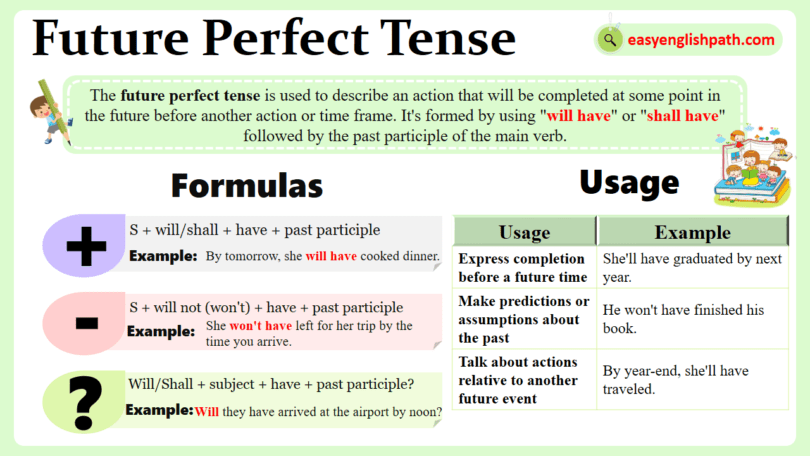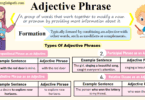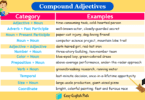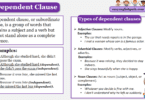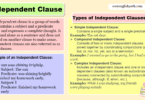The Future Perfect Tense is used to talk about something that will be finished before a certain time in the future. We make this tense by using will have. This tense helps us to say that an action will be done before another future event or time. It makes it clear when things will be completed. Using this Tense can help us a lot to explain what will happen in the future simply and clearly.
Definition of Future Perfect Tense:
The Future Perfect Tense is a verb tense that is used to describe an action that will be completed before a specified time in the future. It is formed using will have followed by the past participle of the main verb.
- They will have finished by tomorrow.
- I will have cooked by then.
- He will have completed it.
- We will have left by 8 AM.
Structure of the Future Perfect Tense:
| Subject + will have + past participle |
For Example:
- I will have finished.
- They will have completed it.
Simple Future Tense Vs Future Perfect Tense:
Simple Future Tense
- Usage: Describes actions that will happen in the future.
- Structure: “Will” or “shall” + base form of the verb.
- Example Sentence: “I will go to the store tomorrow.”
In this example, the sentence indicates that the action of going to the store will take place at some point in the future.
Future Perfect Tense
- Usage: Describes actions that will be completed before a specific point in the future.
- Structure: “Will have” + past participle of the verb.
- Example Sentence: “By the time she arrives, I will have finished my homework.”
In this example, the sentence indicates that the action of finishing homework will be completed before the specific future time when she arrives.
Key Differences:
- The Simple Future Tense focuses on an action that will happen in the future without specifying when it will be completed.
- The Future Perfect Tense emphasizes that an action will be completed before a certain future time or event.
Uses of Future Perfect Tense:
The Future Perfect Tense is used in English to indicate that an action will be completed before a specific point or time in the future. Here are some common situations where the this tense is used:
1.We can use this Tense to show that an action will be finished before another event or action happens in the future.
- They will have left before the storm arrives.
- By next month, we will have completed the renovations.
- She will have cooked dinner before we get home.
2. When we are sure that something will have happened by a certain time in the future, we use this tense.
- I’m sure he will have returned the book by tomorrow.
- She will have graduated by the end of the year.
- By the time we get there, the concert will have ended.
3. We use this tense to talk about expectations regarding to future actions.
- I expect they will have finished eating by the time we arrive.
- She will have received the package by Friday.
- By the time the meeting starts, everyone will have arrived.
4. This can also be used to talk about planned or scheduled actions that will be completed before a future point.
- They will have completed the project before the deadline.
- By next year, she will have saved enough money to buy a car.
- He will have written the report by the time the meeting begins.
5. Sometimes, this can be used to imply conditions based on future actions.
- By the time the guests arrive, we will have set up the decorations.
- If they leave early, they will have avoided traffic.
Future Perfect Tense Examples:
- By next year, I will have finished my degree.
- She will have completed her homework by then.
- They will have arrived by 6 PM.
- He will have fixed the car by tomorrow.
- By next month, she will have learned the piano.
- The restaurant will have closed by then.
- I will have read all the books by Friday.
- We will have left by then.
You May Also Like this

